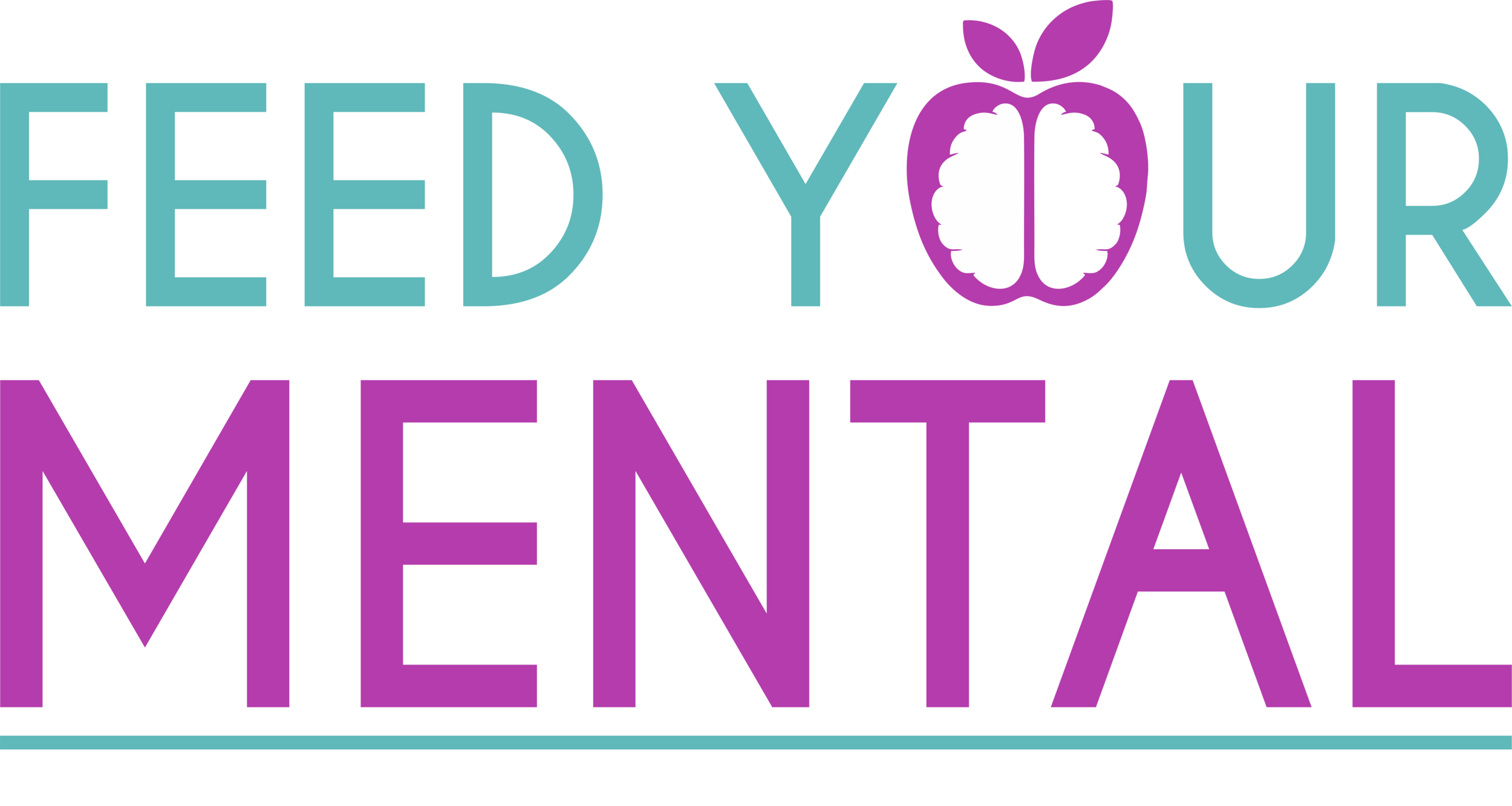Increase BDNF and Decrease Depression: Can food be used as a therapeutic tool?
Research has been demonstrating a clear link between a poor dietary pattern and negative implications in one’s cognitive health and function for the past decade. There are likely many mechanisms in which this occurs and one of those is through a neurotrophin called BDNF or Brain Derived Neurotrophic Factor.
BDNF allows for neurogenesis, or the production of new neurons, and neuronal plasticity (our brains ability to change), which affects our memory and contributes to our ability to learn. BDNF levels are subject to changes from our diet and other lifestyle habits. In fact, levels of BDNF are significantly lower in many neurodegenerative diseases that include Alzheimer’s, Multiple Sclerosis and Huntington’s Disease.
Animal studies suggest that a brain structure called the hippocampus is very much associated with diet and our mental and cognitive health. The hippocampus itself is associated with learning, memory and mood regulation and is also negatively affected by depression. In fact, research has demonstrated that there are structural alterations in brain regions in patients with Major Depressive Disorder (MDD) that include the hippocampus and the frontal cortex (responsible for planning, organizing, and more complex behaviors). Not only that, but studies further indicate that for individuals who experience moderate to severe depression, the volume of the hippocampus decreases significantly and has been shown to decrease as much as 19%. And, the longer the duration of the depression, the greater the loss in the hippocampus.
Since individuals who experience depression typically also experience stress, further loss of the hippocampus can ensue. Furthermore, because self care activity and motivation significantly decrease in depression, it is more likely that individuals with depression are eating a poor dietary pattern. Cognitive Behavior Therapy, an evidenced based therapy designed to help individuals challenge their unhealthy thought patterns and behaviors, leading to the development and maintenance of healthy ones, requires an ability to learn and recall information. The ability to do so is already diminished in depression due to the reduced hippocampal volume and decrease of BDNF. Throw in a poor diet, increased stress, and lack of exercise, all common symptoms for a person experiencing depression, and you have a perfect storm and cycle of ever depleting BDNF levels and a continued decrease in hippocampal volume, all of which will also worsen a person’s depression. To this point, it would make sense to help these individuals increase their BDNF levels, allowing for neurogenesis, plasticity, and the increased ability to learn, to memorize and to better regulate mood. CBT therapy is all intended to help increase BDNF levels theoretically by having the person practice engaging in activities they used to enjoy, by increasing their practice of self care, decreasing and managing stress, and by helping to strengthen rational thoughts and frontal cortex activity. This hasn’t been statistically significant in any studies as of yet but positive changes occur in the brain as a result of CBT therapy that enhance frontal cortex activity and emotion regulation centers. Interestingly, antidepressants have been found to help increase BDNF levels.
With regards to a therapeutic context and including the typical cognitive and behavioral treatment for individuals with depression, I further surmise that helping a person to eat a healthy dietary pattern that is right for them, will increase their BDNF levels (beyond giving them other mental health benefits, see other posts for details), consequently, increasing their ability to learn and retain the information that is being discussed in therapy, and further allowing them to engage in the behavioral tasks that are commonly given by CBT therapists simply because they are giving their body and brain nutrients to support them in these goals. It is already incredibly difficult for individuals who are depressed to start engaging in the tasks discussed in therapy and without the raw materials to help support these mental and behavioral changes, the person has to work at least twice as hard.
Foods such as omega-3 fats, antioxidant rich berries that contain polyphenols (plant chemicals to have health benefits) including flavanoids, help to stimulate neurogenesis, reduce free radical activity, and help to decrease pro-inflammatory processes in the body, all of which help support the brain health of an individual struggling with depression. While high saturated fat and high sugar foods reduce the growth of new neurons, contribute to free radical production and increase the activity of pro-inflammatory processes. These results have been consistently observed in a number of animal studies. There is only one human study that found hippocampal volume changes as a function of dietary patterns. In this study, it was found that in a community cohort study of older adults, lower intake of nutrient dense foods and higher intakes of unhealthy foods (such as processed meats, desserts and chips) was associated with smaller left hippocampal volumes. This reinforces what we already suspected about food and our cognitive health.
Other ways to increase your BDNF levels include endurance exercise, meditation, deep sleep, and exposure to sunlight. All of these tools should be part of the conversation in therapy to help strengthen mental health and cognitive functioning. Even if you don’t experience depression, increasing BDNF levels will significantly change your brain function for the good by helping you learn more effectively, remember better, age slower, and regulate your mood. Who doesn’t want those benefits?
References
https://www.ncbi.nlm.nih.gov/pubmed/12088740
https://www.ncbi.nlm.nih.gov/pmc/articles/PMC4697050/
https://server12.np.unimaas.nl/MHeNs_newsletters/Background%20papers%2012TTN/Sapolsky2000GCsHIP.pdf
http://downloads.hindawi.com/journals/np/2013/873278.pdf
https://www.psychiatrictimes.com/psychotherapy/how-psychotherapy-changes-brain


